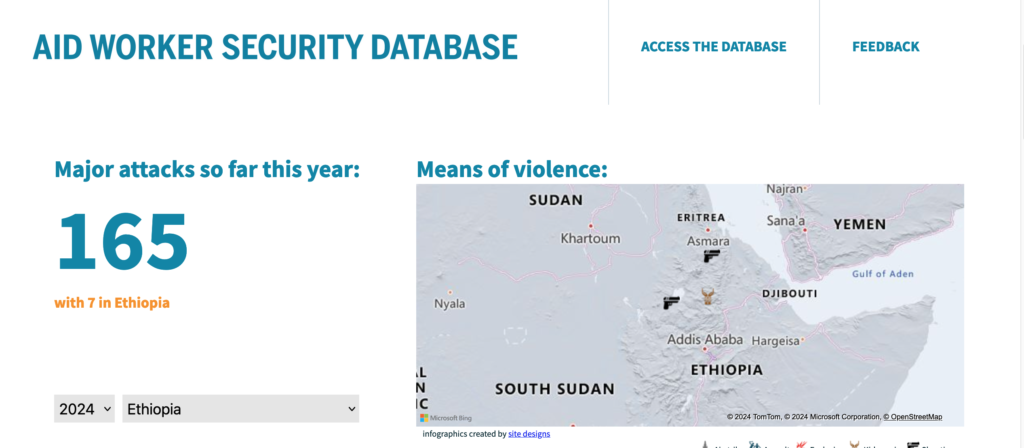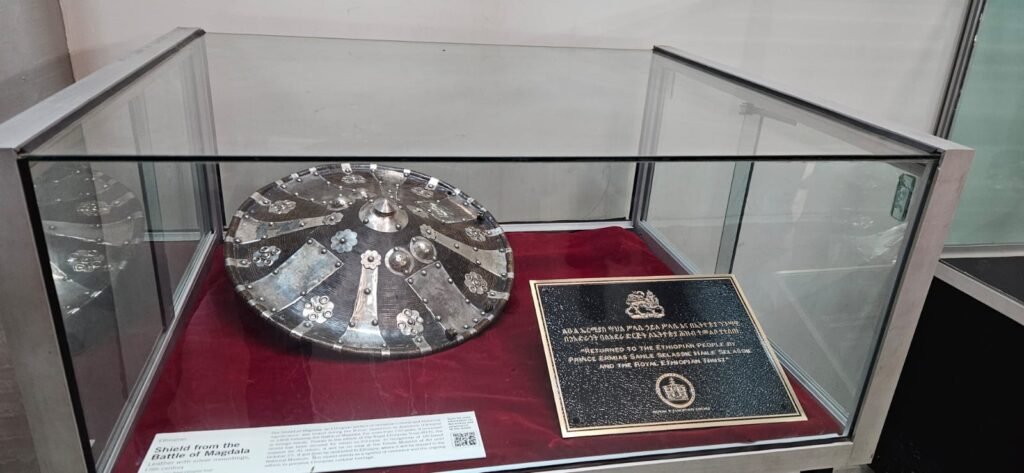
The Nile River Basin Cooperative Frameworks Agreement (CFA) has officially entered into force after 14 years of ebb and flow since it opened for signature today.
According to the Nile Basin Initiative (NBI), “the ratification of the CFA was completed on 14th August 2024 following deposition of instruments of ratification/accession to African Union by six Riparian States.”
Out of 11 Nile riparian states, Ethiopia, Uganda, Tanzania, Rwanda, Burundi, and South Sudan have signed and ratified the CFA, when Kenya only signed the document.
Ethiopia ratified the CFA on June 13, 2013, followed by Rwanda on August 28, 2013, and Tanzania on March 26, 2015. After four years of hesitation, Uganda became the 4th Nile riparian state to ratify the CFA on August 15, 2019. Lately, Burundi ratified the agreement as the 5th Nile basin nation on October 23, 2023, and South Sudan became the last nation to ratify the CFA and deposit the accession instrument with the African Union Commission in August 2024.
The rest of the Nile basin nations, D.R. Congo, Egypt, Sudan, and Eritrea (as an observer state) have not signed the CFA.
Nile basin states to form a long-awaited commission in Eastern Africa
The enforcement of CFA will result in the replacement of the NBI with the establishment of the Nile Basin Commission (NBC) which will be decided by the Heads of State of the Nile basins soon.
The 2nd Summit of the Nile Basin Heads of State has reportedly been postponed to the “first quarter of next year (2025)” without detailing the reason, although it was scheduled to be held on 17 October 2024.
The summit was planned by the NBI to “celebrate this important milestone in the history of Nile cooperation, and to flag off the transition from Nile Basin Initiative to the Nile River Basin Commission”.
Egypt and Sudan have protested the enforcement of the CFA, referring to the 1959 colonial-era treaty between the two nations, in a press statement which came from the “Permanent Joint Technical Commission for Nile Waters (PJTC)” late yesterday.
“Egypt and Sudan affirm that the six-state commission established under the incomplete “CFA” draft cannot, under any circumstances, be regarded as representative of the Nile Basin as a whole,” reads the statement.
The preparation of the CFA draft document evolved 13 years of consultation and negotiation based on a spirit of cooperation among the Nile riparian states until it was opened for signature in May 2010 in Entebbe, Uganda.
According to the NBI, the CFA comprises well-established customary principles of international water law and the principle of equitable and reasonable utilization with an obligation not to cause significant harm.
Egypt and Sudan, however, suspended their participation in the block following the member states of the NBI signed the CFA. They specifically protested against Article 14(b) of the CFA, which requires member states “not to significantly affect the water security of any other Nile Basin States.”





